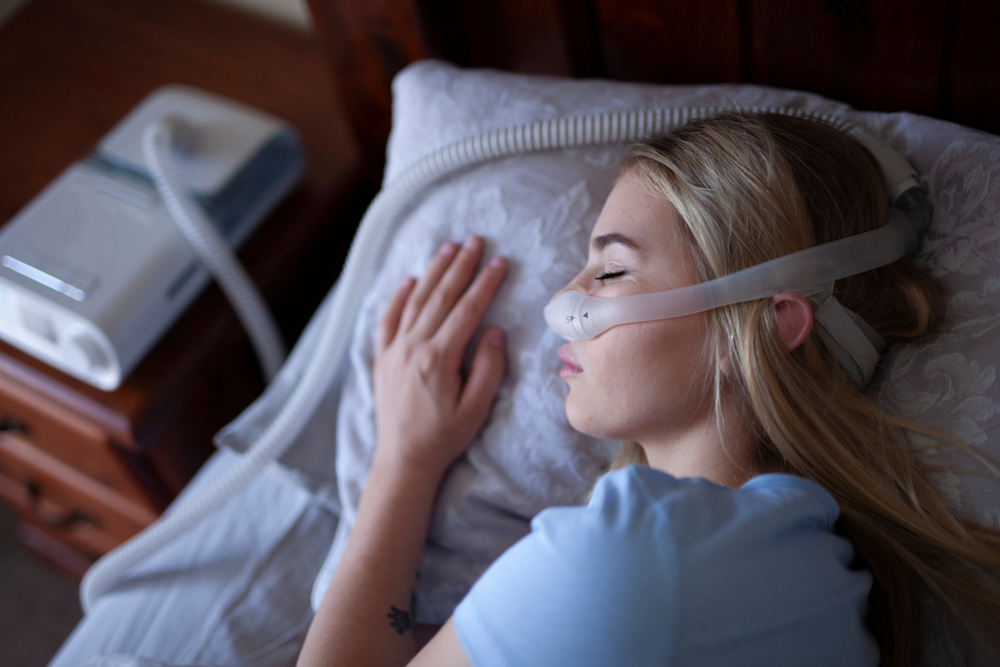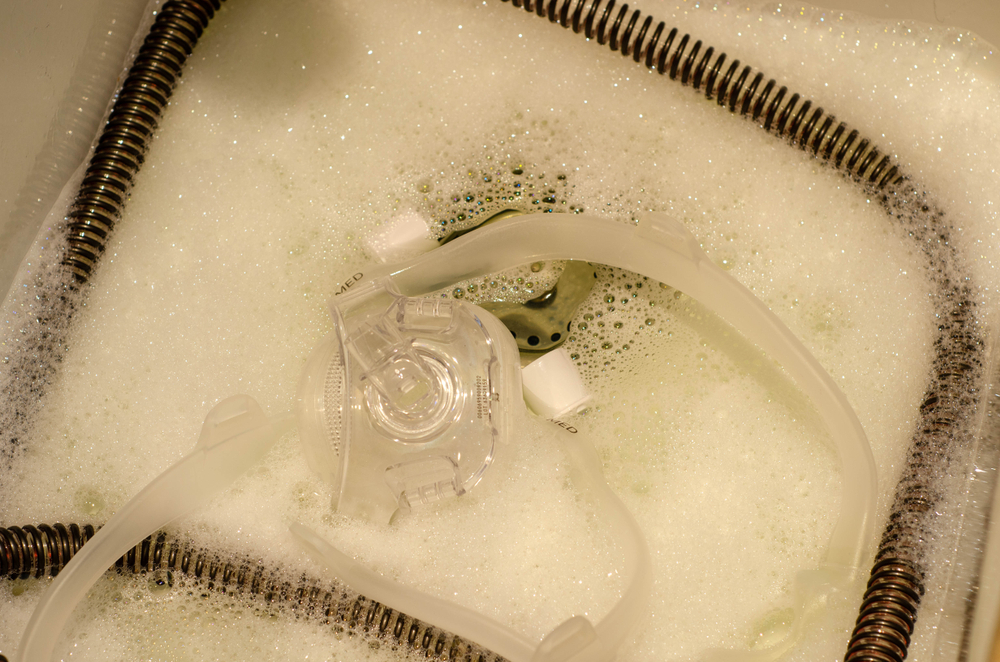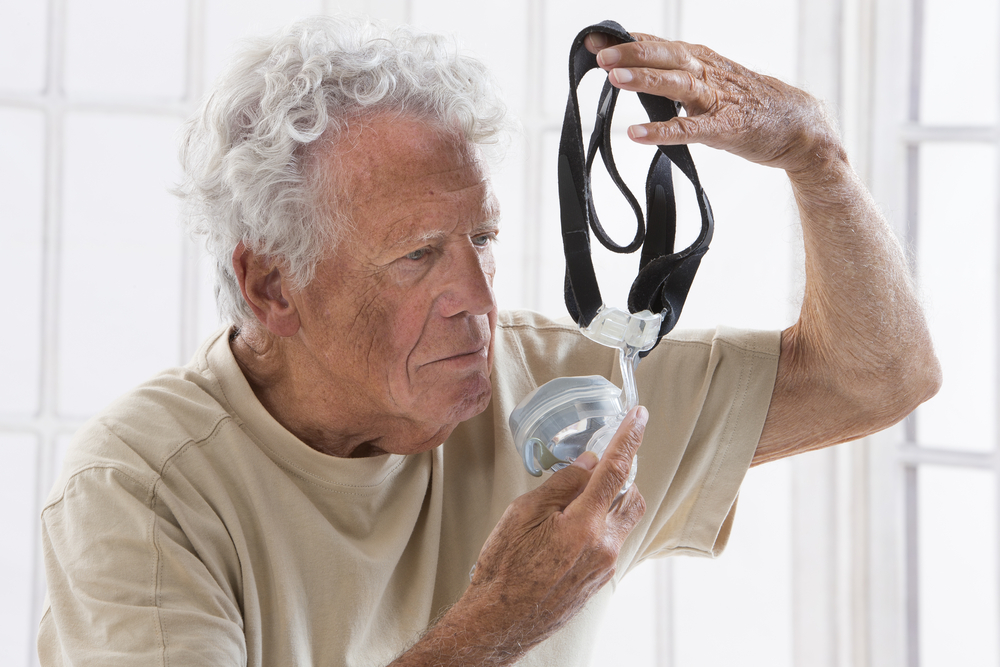
menu

Posted in Uncategorized | May 3, 2024

CPAP devices are considered the gold standard treatment for sleep apnea. However, you must use your device correctly to get the full benefits of CPAP therapy.
Whether you are just starting your journey with a CPAP machine or have been using it for a while, knowing the best practices can ensure the treatment works for you.
Keep reading to learn more about the do’s and don’ts of using a CPAP machine.

Breathing into a dirty CPAP can make you sick and make the treatment less effective. Washing your CPAP device regularly will keep it in tip-top shape and prevent the buildup of bacteria, fungi, pollutants, and germs that can make you sick.
Sleep specialists, ENT specialists, and manufacturers recommend cleaning your CPAP machine every day or at least every week. You can clean your CPAP machine with warm, unscented soapy water.
Once done, rinse the components of your CPAP machine and air dry them away from direct sunlight. For a thorough clean, soak your CPAP mask in 3 parts water and 1 part vinegar and rinse properly every few weeks.
You should clean your mask, filters, humidifier, and tubing daily. Cleaning each component of your device will extend its life, so you won’t need to replace them as often.
If you find this routine exhausting, you can invest in a CPAP sanitizing and cleaning machine to make the task easier and faster.
Do you experience symptoms like a dry throat or mouth, dry nasal passages, a burning sensation in your sinuses, or a stuffy nose? These symptoms can be quite uncomfortable, especially when trying to get a good night’s sleep.
All the air pressure from your CPAP machine can dry out your nose, throat, and sinuses, especially if your indoor air lacks moisture or you live in a dry or cold climate.
Fortunately, a humidifier can help. It can ensure your throat, nose, and sinuses are moist when using your CPAP machine. Keeping dryness at bay can minimize the risk of sinus inflammation, nasal congestion, infection, nosebleeds, a dry mouth or throat, and dry nasal passages.
Many people stop using CPAP machines due to dry nasal passages or throat discomfort. A CPAP humidifier can make you feel much more comfortable while sleeping, which can help you use your CPAP machine as prescribed.
Not all water is equal. Although standard tap water in most places is safe for consumption, it contains trace contaminants.
Tap water contains minerals, chemicals, and microorganisms you shouldn’t inhale. Once inhaled, pathogens in tap water may cause waterborne illness.
Boiling tap water kills germs, but it doesn’t eliminate chemical contaminants or minerals. Filtering may remove some minerals, but it might not remove microbes and other chemicals.
Beyond health concerns, tap water can affect machine performance or even damage it due to the buildup of scale from minerals. Experts and CPAP manufacturers recommend using only distilled water for CPAP humidifiers.
Although always using distilled water in your humidifier may seem inconvenient, it’s not. Distilled water is free of microbes, which helps prevent inhalation of germs when using your CPAP machine. Additionally, purified water ensures your CPAP machine runs smoothly, allowing you to get the most out of your CPAP therapy.
When your CPAP pressure is too high, you may experience abdominal discomfort, excessive belching, stomach bloating, and fluid in the ears. Conversely, insufficient air pressure could lead to daytime sleepiness, feeling like you’re choking, morning headaches, heavy snoring, and chronic fatigue.
No matter what symptoms you’re experiencing, it’s best to leave the adjustments to the experts. Just like you shouldn’t self-adjust the dosage of your medication before talking to your doctor, you shouldn’t change your pressure settings before consulting your ENT specialist at Specialty Care ENT.

Once you get a CPAP machine, a trained medical professional adjusts it to the correct air pressure. If you need a different pressure setting, speaking to your ENT specialist is essential.
They’ll determine the most accurate settings for you based on different factors, including the severity of your condition, weight, gender, age, environmental factors, and sleep position. Changing your settings on your own will likely lead to incorrect settings, which could worsen your condition and even cause more problems.
Proper air pressure is crucial for ensuring your CPAP therapy works and you get the restful sleep you deserve while dealing with sleep apnea.
You might think overtightening the straps will help your headgear stay on better throughout the night. However, that’s not the case.
Overtightened straps may torque the cushion and headgear so they don’t sit properly over your face, allowing air to leak. They can also cause discomfort during sleep, red marks on your face, and pressure sores.
Even though a good seal is important, try to adjust the straps so that your headgear is not too tight but still secure enough.

At Specialty Care ENT, our experienced ENT specialists offer a wide range of treatment options for sleep disorders such as sleep apnea. These include CPAP machines and other options to help you sleep soundly through the night.
Take control of your symptoms and revitalize your health by scheduling your appointment at Specialty Care ENT at one of our locations in Barrington, Elgin, Hoffman Estates, and Arlington Heights, IL. You deserve better rest.